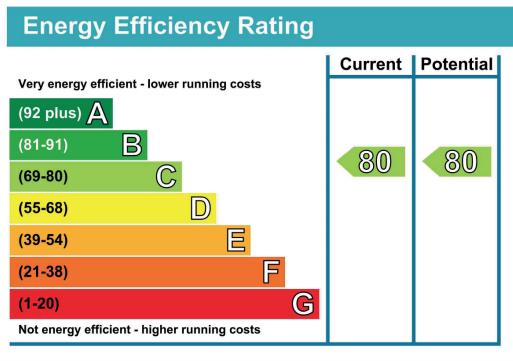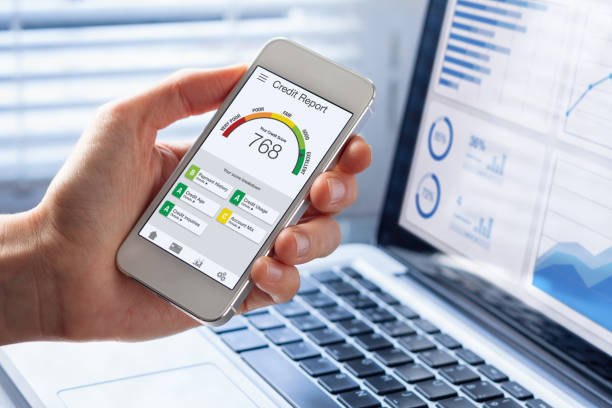Don’t Wait! Find out how much you can borrow BEFORE looking for your next property!
Who needs to use these calculators and resources?
- Are you a first-time buyer at the beginning of the process who wants to find out how much you can borrow, how much stamp duty is and what you need to get together for your application?
- Are you already a property owner looking to get your first Buy To Let property and want to calculate how much of a mortgage you can get? Or are you moving to a new house and you want a checklist of what you need to make the mortgage process seamless?
- Are you a Mortgage Broker, Estate Agent, Property portfolio owner who wants to download checklists, spreadsheets, resources or just to calculate how much mortgage that can be achieved with the current property rental values?
- Are you a property developer or buying from an auction and are looking for bridging finance and want to calculate how much the bridge loan will cost?
- Are you looking for assistance with getting a Mortgage?
5 main questions when getting a mortgage:
Navigate through the resources, get your answers, and get prepared!
Offers from our partners
What you will gain from using the free resources
- Use of AllCity finance Mortgage Calculators – The calculators have been used by mortgage brokers and individual clients to give them an accurate, downloadable idea of how much can be borrowed, cutting time wasting before approaching the lender.
- Learn how to package your mortgage case the RIGHT WAY before you approach the bank or mortgage broker to guarantee efficiency.
- Get Free Downloadable checklists and spread sheets to help you organise yourself whether you have 1 property or a portfolio.
- Get knowledge on how to Improve your Credit Score to enable you to get the best mortgage rates, the lowest monthly payments available and reduce chances of being declined for a mortgage.
- Get answers to your Frequently Asked Questions
Latest news and downloadable guides
List of Lenders you will have access to.
Let us find the best deals for you
You may be charged fees for mortgage advice.
The fee is up to 1% but a typical fee is 0.5% of the amount borrowed.
The actual amount you pay will depend upon your individual case and circumstance.
What our clients think



How to go from viewing a property to owning it in the shortest time.
The home buying process can be stressful if you are not prepared or expectations are not correctly drawn and met.
Check out the Video to see what to expect and how to make your process the shortest and stress free as possible.
Which of these best describes your situation?
I am a First-Time buyer
I am buying a Buy-to-Let
I need a bridge Loan
I want to Remortgage
Frequently asked questions
As a general rule of thumb, you can borrow between 4.5 and five times your income but lenders generally tend to take away your overall expenditures from your income before they multiply it.
This is when a lender takes the basic information you have provided to them accompanied with soft credit search on you and decides if your profile passes the first stage of the mortgage application. If results come back satisfactory, they provide you with a maximum amount of how much you can borrow “in principle” based on this basic information and pre-full application approval.
Loan to value is displayed as a percentage and is worked out by taking the mortgage loan amount divided by the value of the property and multiplying this answer by 100.
LTV% = (Mortgage Loan / Property Value) * 100
You can go direct to the lender/bank who will give you specific mortgage advice and rates specific to them or speak to a mortgage broker who can give you advice and rates from majority of mortgage lenders on the market. Your personal circumstance may not be ideal for one lender but acceptable from another. A broker/adviser will place you where you fit criteria.
To calculate how much you are likely to be able to borrow, use a mortgage calculator. Whether its for a Buy To Let property or your main residential, use the calculator or speak to a broker/ advisor who will assess your income and expenditure and calculate your affordability.
Yes you can but it can be more difficult and more expensive than getting a mortgage with good credit. Some lenders will allow a specific amount of defaults and missed payments within a set period. Some will also accept CCJs if they are below a threshold amount and were registered and settled within a set period.
If you have no personal deposit you can always get a direct family member to gift you the money for the deposit or you can also make use of products like Springboard mortgage, wherein the lender will allow your parents to deposit a set amount of money with the bang for a set period of 5 years and the lender will lend you the same amount to put towards your mortgage. Within the 5 years, your parents money accrues interest and at the end of the 5 years the money will be returned to your parents plus interest gained. Lenders Terms and Conditions apply.
The overall process is the same a being employed, but you will need to demonstrate your income by providing either 2 or 3 years tax returns or Self- Assessment returns. You would need to provide 2 or 3 years Tax Calculations and Tax Year overviews. Some lenders take your most recent tax figures as your income, other take a average of the last 2 years.
Yes you can and some lender will use benefits such as child benefits as a part of your income which will enable you to borrow more.
You can but you will have to be realistic with the type of property you are looking to buy. If a lender will lend approx. 4.5X your salary you will need to look at properties that fit your affordability. Use a mortgage calculator to find out how much you can borrow.
If you have no income you will have to apply for the mortgage with someone who has an income. Lenders wont lend money to someone with no possibility of them keeping up with the monthly payments or associated costs. That provides too much of a risk of default.
Yes you can but will need to get all the details of your income i.e. what salary you had when you started maternity leave and what changes, if any, will be taking place once your baby is born. E.g will you be going back to work part time, will you be having any change of your role or income. They will then work out your affordability accordingly.
For a standard residential mortgage some lenders will let you borrow up to 95% LTV. For a Buy To Let you can borrow up to 80% LTV although majority of high street lenders lend up to 75%.







